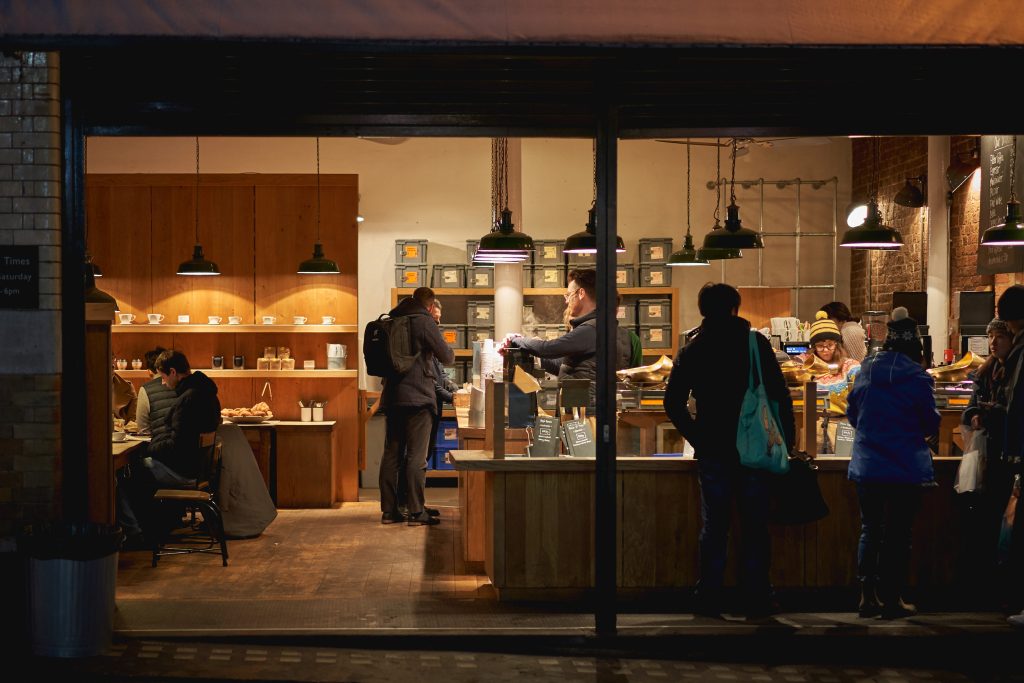Research themes
• Governance creates room for change
• A just transition in the everyday life of citizens
• Responsible innovation processes accelerate societal change
• Transforming consumer choices
Governance creates room for change


Politics and governance create conditions for a science-based transformation. We explore transitions towards more long-term investment and budgeting practices that exceed sectoral limits. Such methods of investment and budgeting implement, for example, strategic ecological and social objectives. Similarly, we recognise that public procurement inheres an opportunity of EUR 35 billion to change not just the public sector, but also the market supply.
We study Finland’s sustainable development policy and the activities to promote the circular economy at different levels of society. Among other things, we explore the activities of the Competence Centre for Sustainable and Innovative Public Procurement (KEINO) and participate in the administrative co-development projects and the ecological transition process in Tampere region. We consider what kind of governance would be more empathetic and transparent, thus enhancing sharing and trust in the society. In addition, we highlight the Finnish and international pioneers, both at the level of a state and municipalities.
A just transition in the everyday life of citizens


The sustainability transformation affects the everyday life of citizens in many ways. We study citizens’ local practices and lifestyles as well as local sustainability policies. We try to understand how different groups of citizens are able to participate in just transition both in their everyday life and on the societal level. We identify new practices that support wellbeing, participation and adaptation in the context of sustainability transformation and try to understand the emerging conflicts.
We conduct research in many areas with local people and communities. We focus on sustainable development processes in Lahti and Lappeenranta region, and urban development of Hiedanranta and Peltolammi-Multisilta areas in Tampere. We also study the water crisis in Petäjävesi. In addition, we study the strategic foresight processes of municipalities and the changes in everyday life due to the covid-19 pandemic. We will outline the code of conduct based on democratic and ethical principles for decision-makers in order to promote just transition towards eco-welfare state.
Responsible innovation processes accelerate societal change


Innovations have an essential role in solving social challenges and environmental problems. We explore the development of effective new solutions that enhance the wellbeing of people, nature, and the economy. We study how public administration can support responsible innovation processes and direct companies’ innovation activities towards solving sustainability challenges.
We investigate how the public sector, together with companies and third sector organizations, set and define sustainable impact goals and collaborate to reach them. We focus on new forms of collaboration between the public and the private sector and study how collaboration is coordinated at different levels and domains of governance. In practice, we examine innovation processes related to, for example, public procurement of innovation, impact investments, innovation competitions, and public-private partnerships.
Transforming consumer choices


In order to pursue sustainability, the patterns of private consumption need to change significantly. We study the development and use of indicators and tools such as footprint calculators. We aim to broaden the use of footprint data in the development products and services, and to better support changes in everyday life towards sustainability. In concrete terms, we examine carbon footprint calculators and personal carbon budgeting tools such as Sitoumus2050 and experiments that promote everyday changes such as the international Sustainable Lifestyles Accelerator project. Our inquiry focuses on the administrators and users of these tools, as well as on the new types of relationships and orientations created by these tools and their digital environments.
We develop new tools for governing consumption with a special emphasis on fair distribution of consumption opportunities and the broader systemic conditions for changing private consumption. This development activity takes place, for instance, on the ‘Design for Government’ course at Aalto University and at Tampere University Y-kampus.

